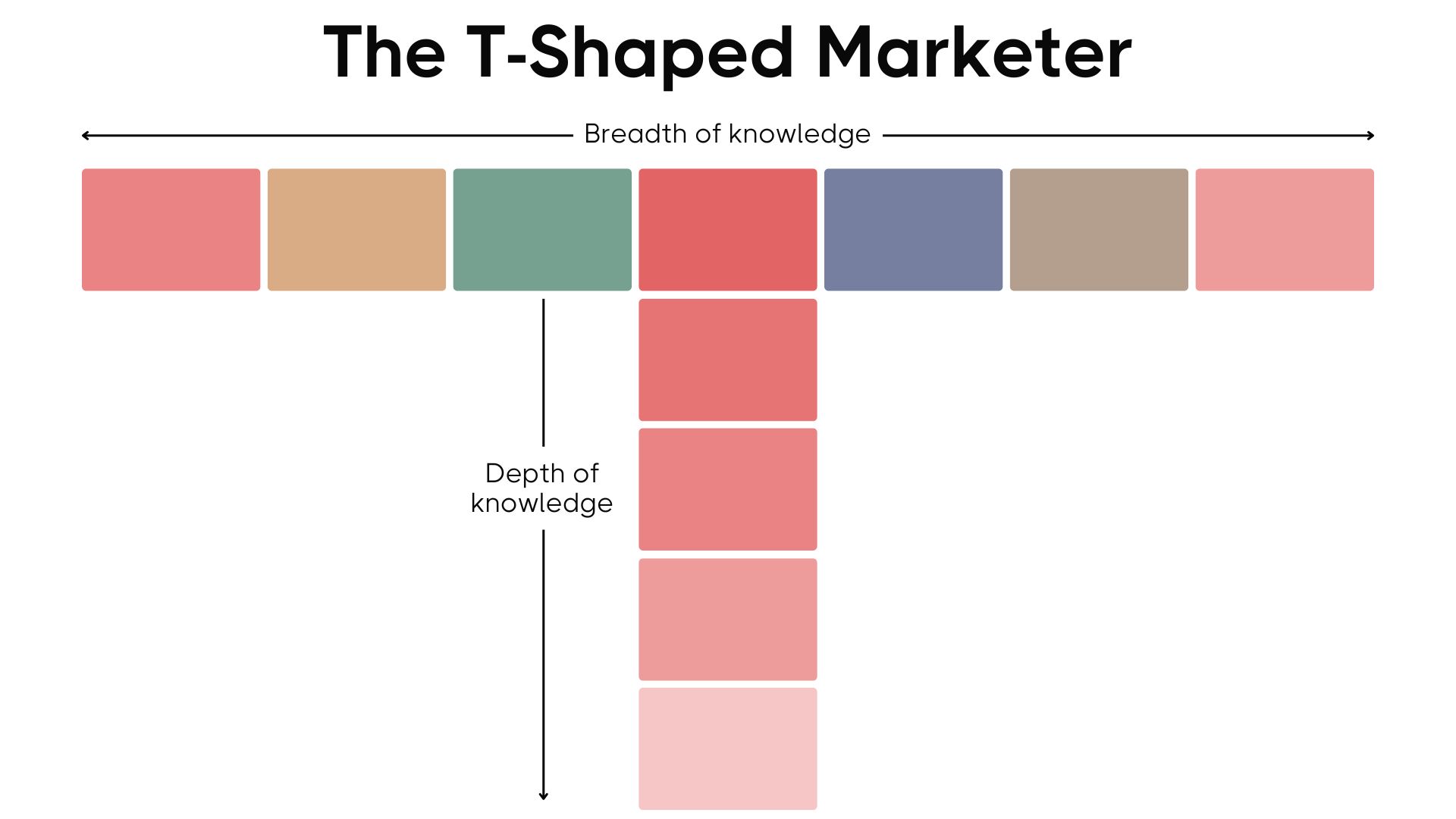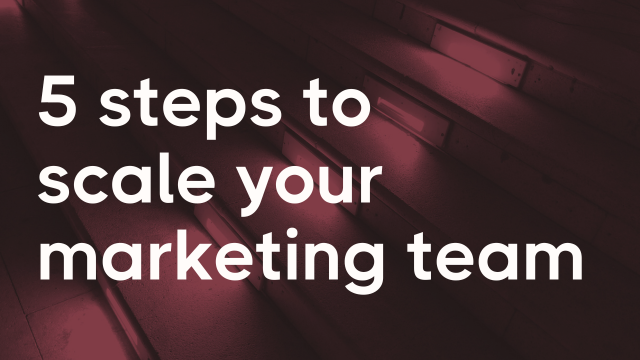
In recent years, the design industry has seen some big changes in how its skills are used and distributed by companies.
Once upon a time, things revolved almost entirely around punchy designs, made to fit a specification for a fee.
But 2021, more than ever, is shaping multifaceted professionals with a 'generalised' skillset.
With that said, let’s try and level the playing field for a question you’re probably asking: how does this affect my company?
What does it mean for design skills to be ‘generalised’?
Over the last couple of decades, creative design has shifted into a hugely digital arena, which shouldn’t come as a shock to any company heads – or regular internet users for that matter!
In fact, 94% of consumers will leave a website with poor design, revealing just how important visual stimulus can be.
But it’s not just in the appearance – functionality is key too, which is where a demand for generalisation comes in.
Companies are looking to fill their marketing ranks with some User Interface (UI) and User Experience (UX) professionals, so that the produced designs are transferrable to a digital landscape, and not just eye candy.
This means that some designers are broadening their skills, meaning they can take on a wide range of responsibilities rather than a specialism.
Is this a good thing?
Like a lot of things, the change you’ll see in Graphic Designers will come with its benefits and drawbacks – so ‘trialling’ with freelancers and temp roles might be a good idea if you’re unsure.
The more generalist candidates you talk to will be able to take on a wide range of tasks and responsibilities, perhaps more than what a ‘specialist’ might be able to.
Hiring someone with a good eye for design is always ideal – but having some UX knowhow on top will really expand on the digital strides they can make for your company.
This flexibility is a great thing. But in hiring more of a ‘jack of all trades’, you might actually be taking on a less skilled employee who struggles with more complex tasks.
So, should I hire a specialist instead then?
This ultimately comes down to your company’s specific needs and what role needs to be filled.
If you don’t need to hire someone with a massively deep knowledge of UX and UI, then it’s likely not worth your resources.
But if you think you do, then you’ll be glad to have them onboard.
A specialist will be dedicated to one specific area of design and (hopefully) a top performer in that field, able to deliver solutions for complex tasks that a generalist can’t match.
Being so passionate about an area of design will bring some real depth of ability to your team. But this can also lead them to demand higher pay for their recognised skills, or not be as familiar with certain aspects of graphic design that a generalist might be.
So where does that leave you?
Well, a generalist and a specialist are both viable options for your team, each coming with their own pros and cons.
You’ll want to choose based on your own personal needs, and 3Search can help you do just that.
With our broad network and knowledge of the space, we can put you in touch with the right creative professionals for your company – get in touch with Lucy Dudley at lucydudley@3search.co.uk for more.



